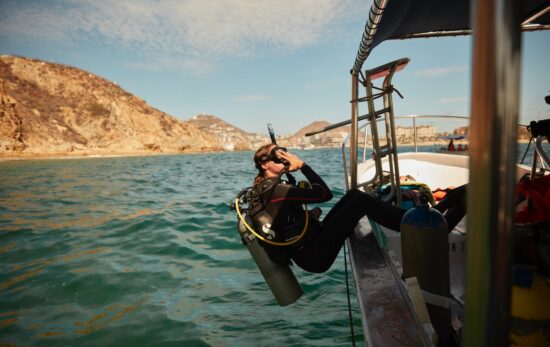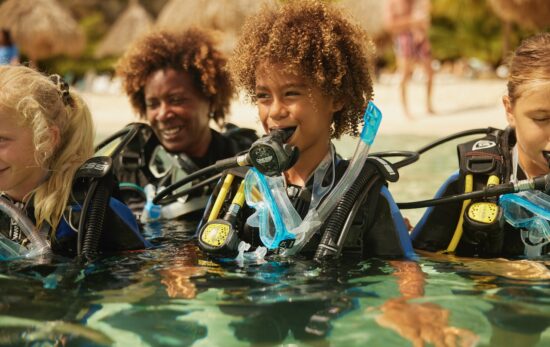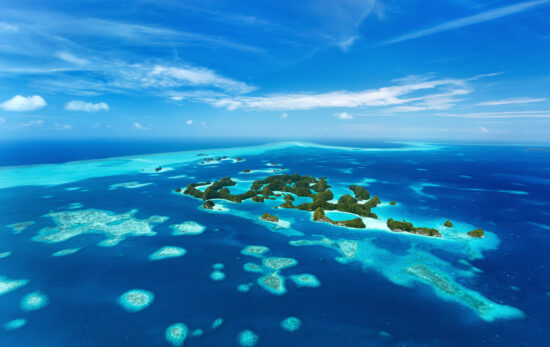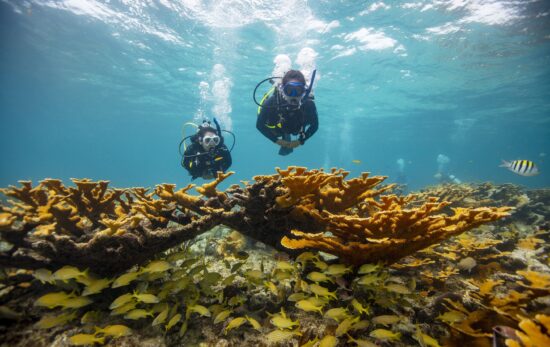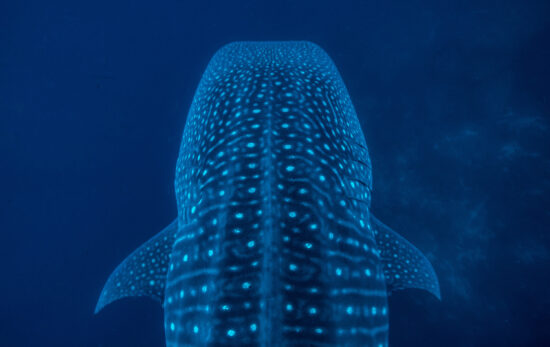When you consider shipping, energy, minerals, fishing, etc., it’s obvious the oceans are economically important. As reported by The World Bank, the oceans contribute about $1.5 trillion to the global economy annually, with this expected to as much as double by 2030. Commercial fishing alone employs more than 58 million people around the world, with an estimated 600 million people at least partially relying on fishing and aquaculture economically. The US National Oceanographic and Atmospheric Administration (NOAA) reports that in the US in 2017, the ocean (and Great Lakes) contributed $307 billion and supported 3.3 million jobs.
Since the world depends on the ocean economically as well as environmentally, there’s a growing call for expanding the blue economy. While there’s no widely agreed precise definition of “blue economy” yet, of late the term refers to nonextractive, or at least sustainable, economic ocean uses. Tourism and recreation are clearly blue economic by these definitions, and their role is not minor. Of the 3.3 million US jobs supported by the ocean according to NOAA, 70% came from tourism and recreation – not from commercial fishing, aquaculture or offshore mining. Diving is a big part of water-based recreation and tourism, and the world is taking notice.
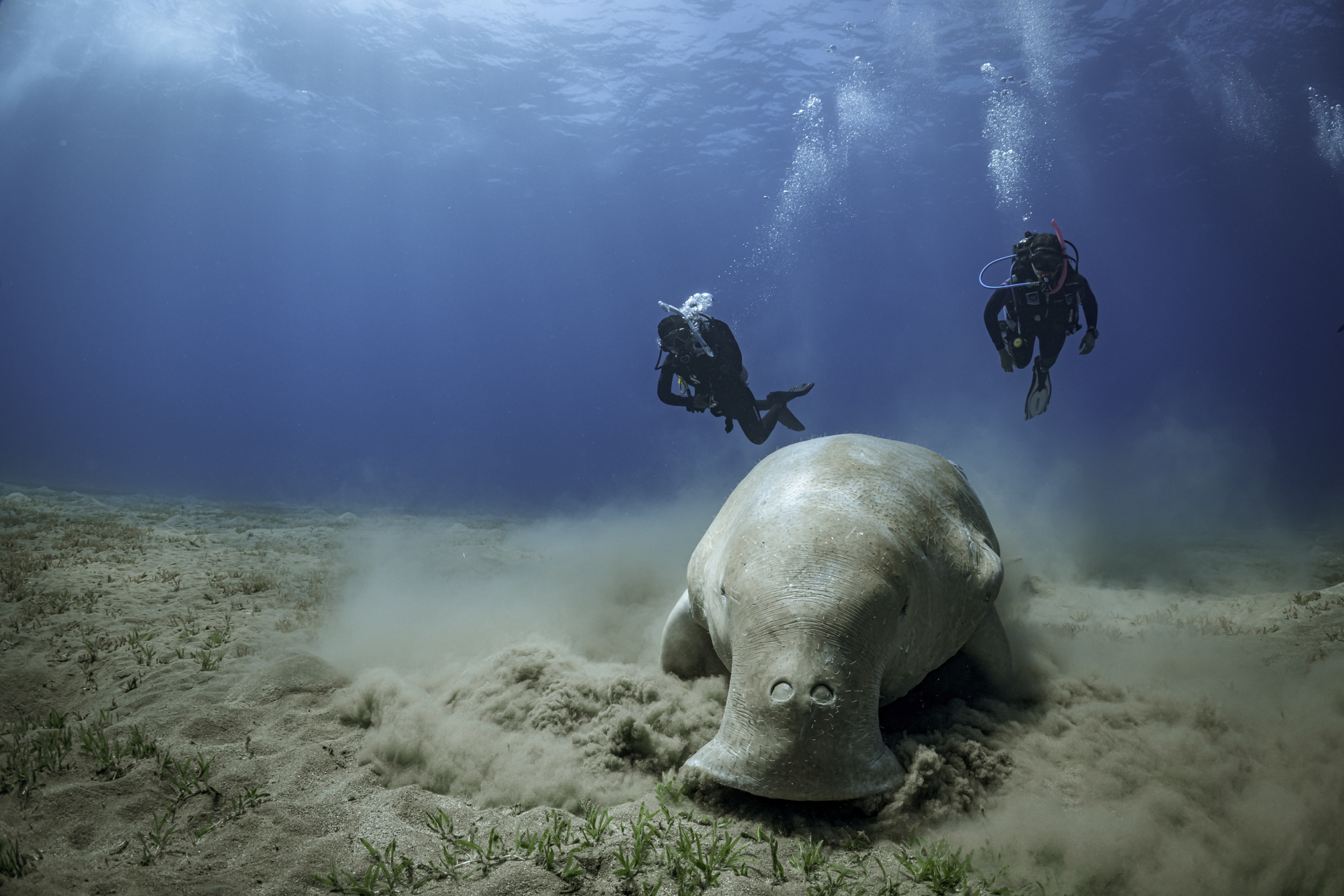
The Economist’s World Ocean Summit, Lisbon, Portugal, 27 February – March 1 invited PADI to present on diving’s roles in the blue economy and ocean preservation/restoration. It was my honor to speak on diving’s behalf to more than 1,500 of the world’s top experts and stakeholders from academia, the marine science community, government, tourism, technology, energy, finance, entrepreneurial, banking, NGO and economics, all gathered to discuss the ocean’s present and future. Many attendees where not fully aware of PADI and diving’s magnitude as a positive blue economy force, so among others, these points were eye-openers when they came up during presentations and discussions:
- PADI operators and the PADI Divers who dive with them create and support sizable local tourism economies. A Scripps/National Geographic Pristine Seas global survey (supported by PADI) found not only do dive operators support thousands of blue economy dive- and dive-tourism-related jobs, but many of these are located in smaller coastal communities and developing countries. In such areas, PADI operators and visiting divers are a (often the) major economic engine supporting hundreds of livelihoods.
- To allow species regrowth and recovery, the 30X30 initiative goal is to set aside 30% of the ocean as MPAs (Marine Protected Areas) by 2030. So far, we’re at about 6%. Diving is a non-extractive activity that provides a powerful economic incentive to create and increase the number of MPAs globally. This is because thanks to diving, governments, communities, industry and other entities increasingly recognize that preserved and/or restored pristine marine environments produce significant, direct economic returns.
- Research has a cost, yet is pivotal to understanding ocean problems. Dive operations and divers willingly engage in data gathering, community outreach, cleanups, coral planting and other citizen-science, education and restoration efforts. The PADI dive community’s size and global scope increasingly enables local research and global action that might otherwise be impractical due to expense and/or scope.
Thanks to diving, positive change is already happening. Simply going diving helps because it adds to diving’s force as a nonextractive economic engine. But, one thing I admire about divers is their passion for the sea divers want to do more than be spectators. Divers want to act. And as Ocean Torchbearers, divers are, joining with PADI Mission Hubs and other entities to create solutions, and put them into constructive and meaningful action.
Through PADI AWARE Foundation and PADI operator initiatives, divers have, among other actions, helped protect more than 100 shark species, removed and documented tons of ocean debris, and rescued more than 13,500 entangled animals. As of this writing, PADI Mission Hubs and Eco Center Members supported by divers like you, have committed to monitoring and protecting more than 1,000 dive sites in the Adopt the Blue program.
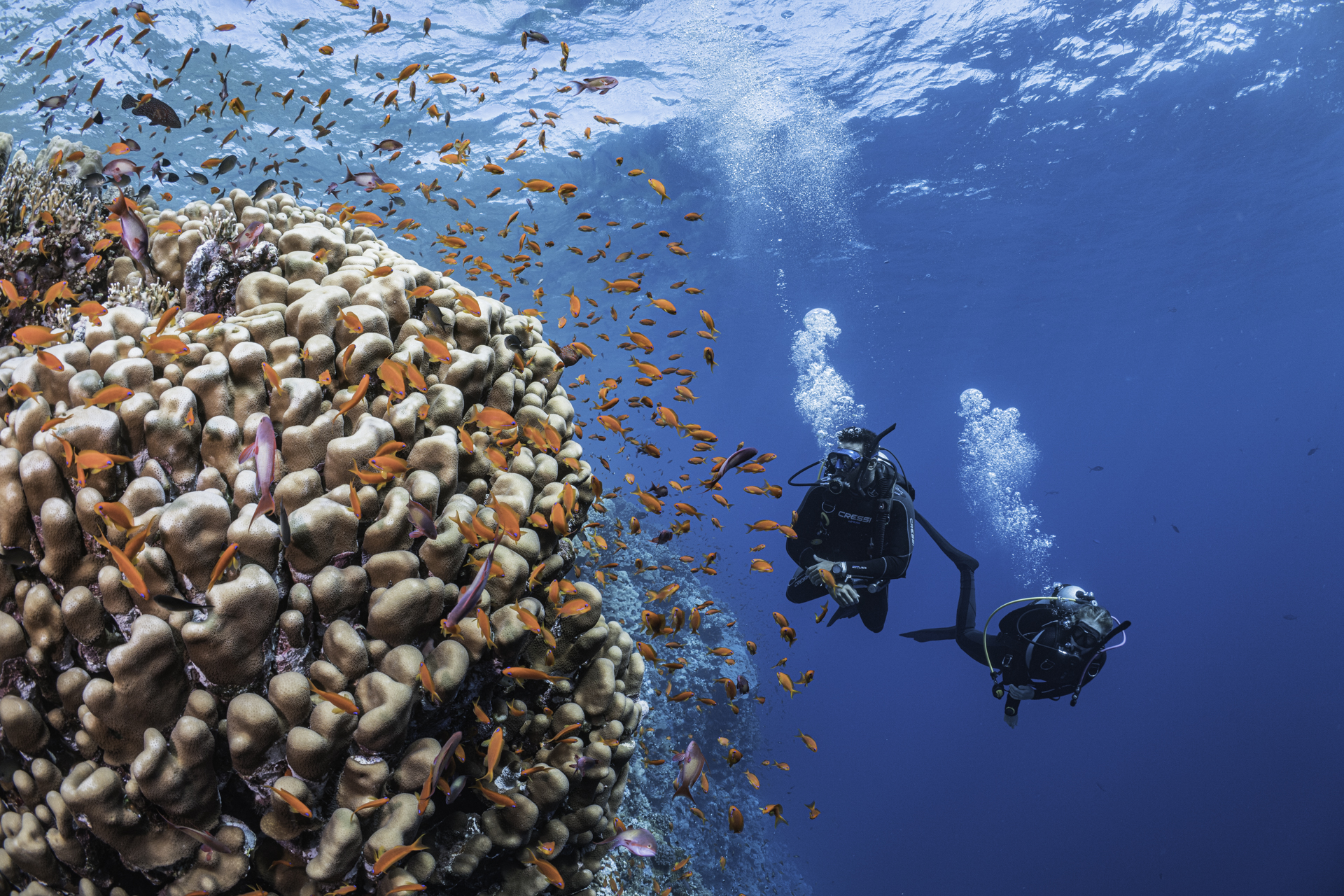
US author Edward Everett Hale said, “I am only one, but still I am one. I cannot do everything, but still I can do something; and because I cannot do everything, I will not refuse to do something I can do” [my emphases].
This thinking is why divers make a difference in the blue economy. We know that no one of us can do everything, but when we all do something, our collective efforts add up. That’s how diving is making big, positive changes to save the ocean
Seek adventure. Save the ocean.
Drew Richardson
PADI President & CEO PADI Worldwide

